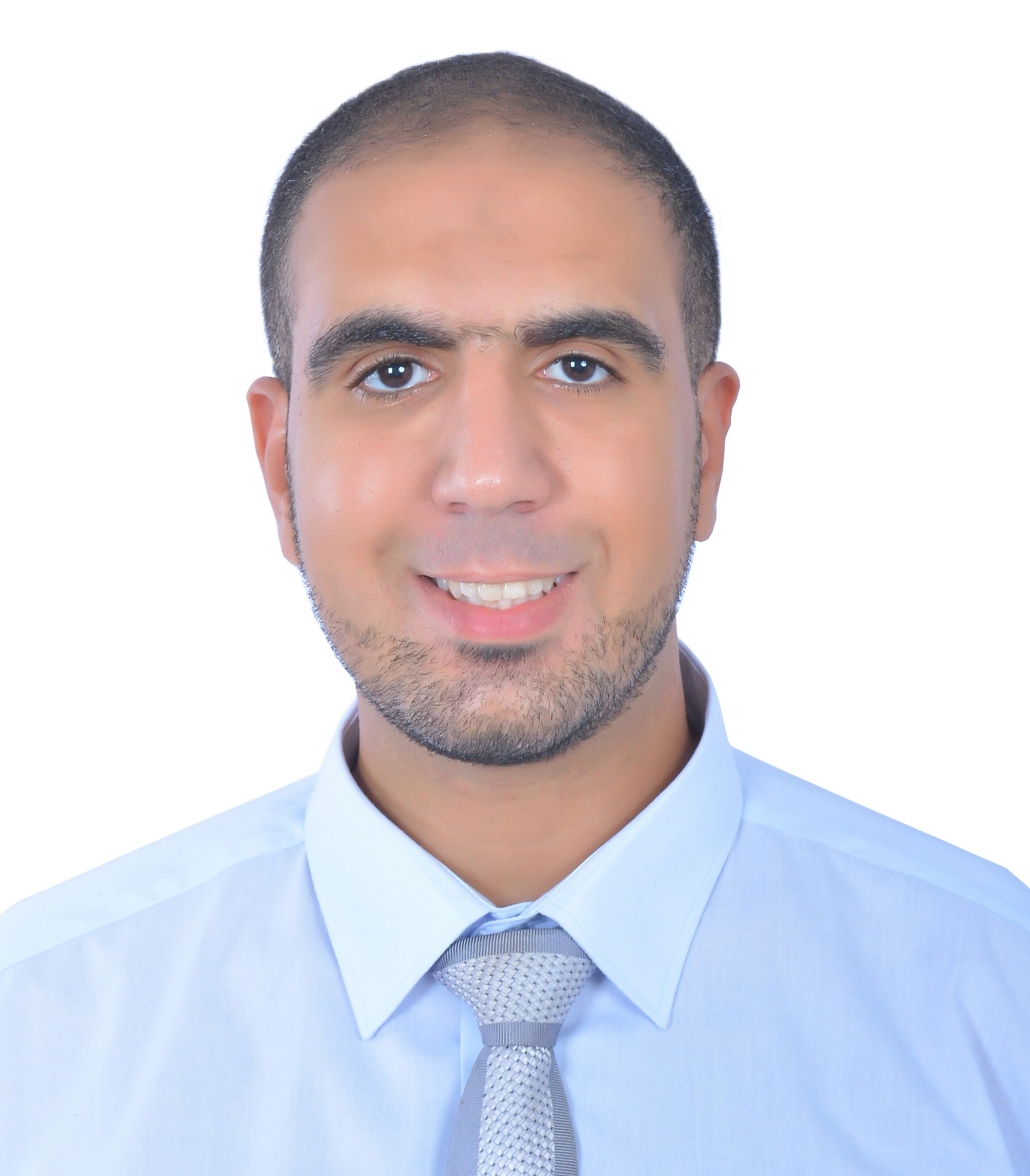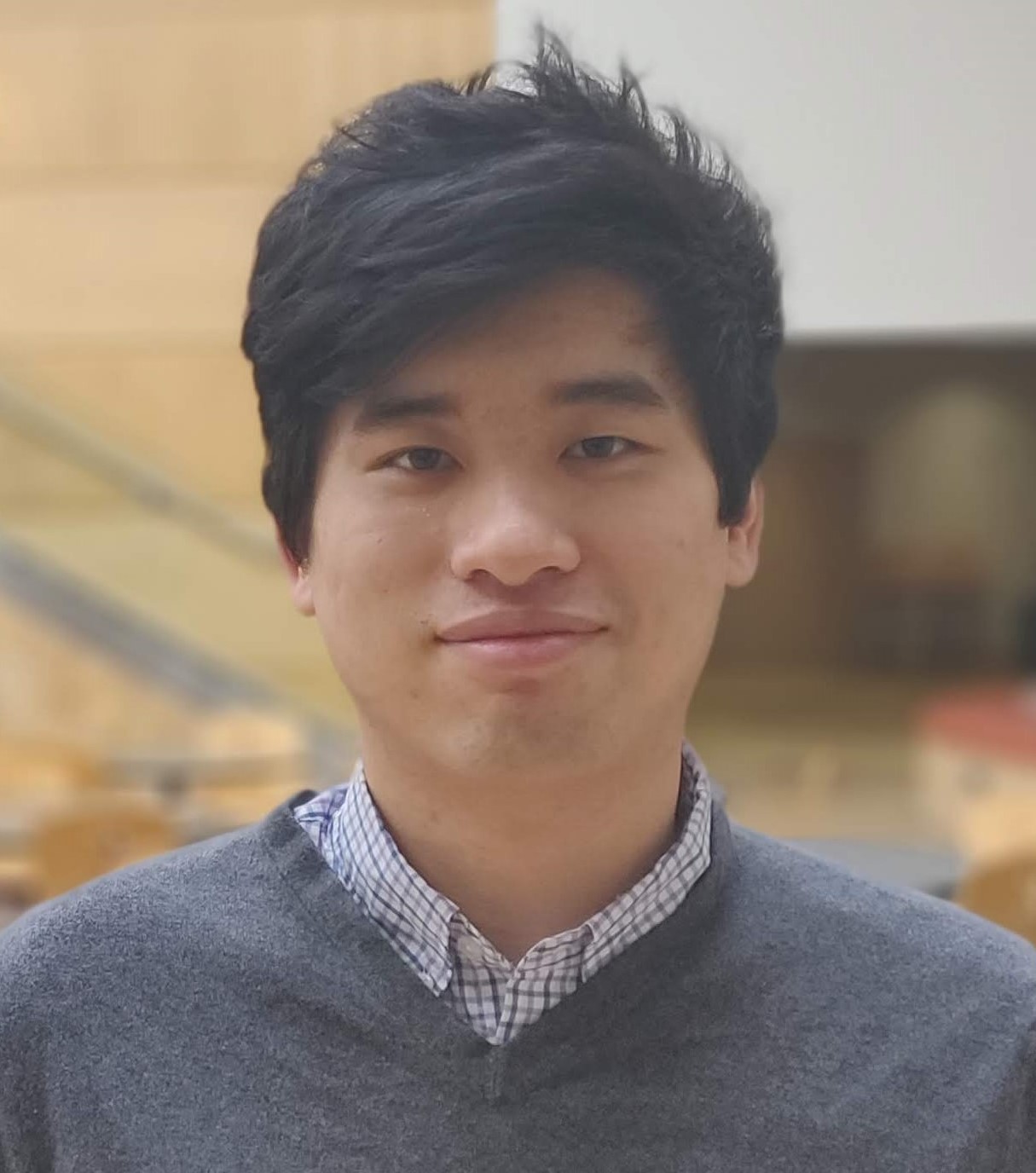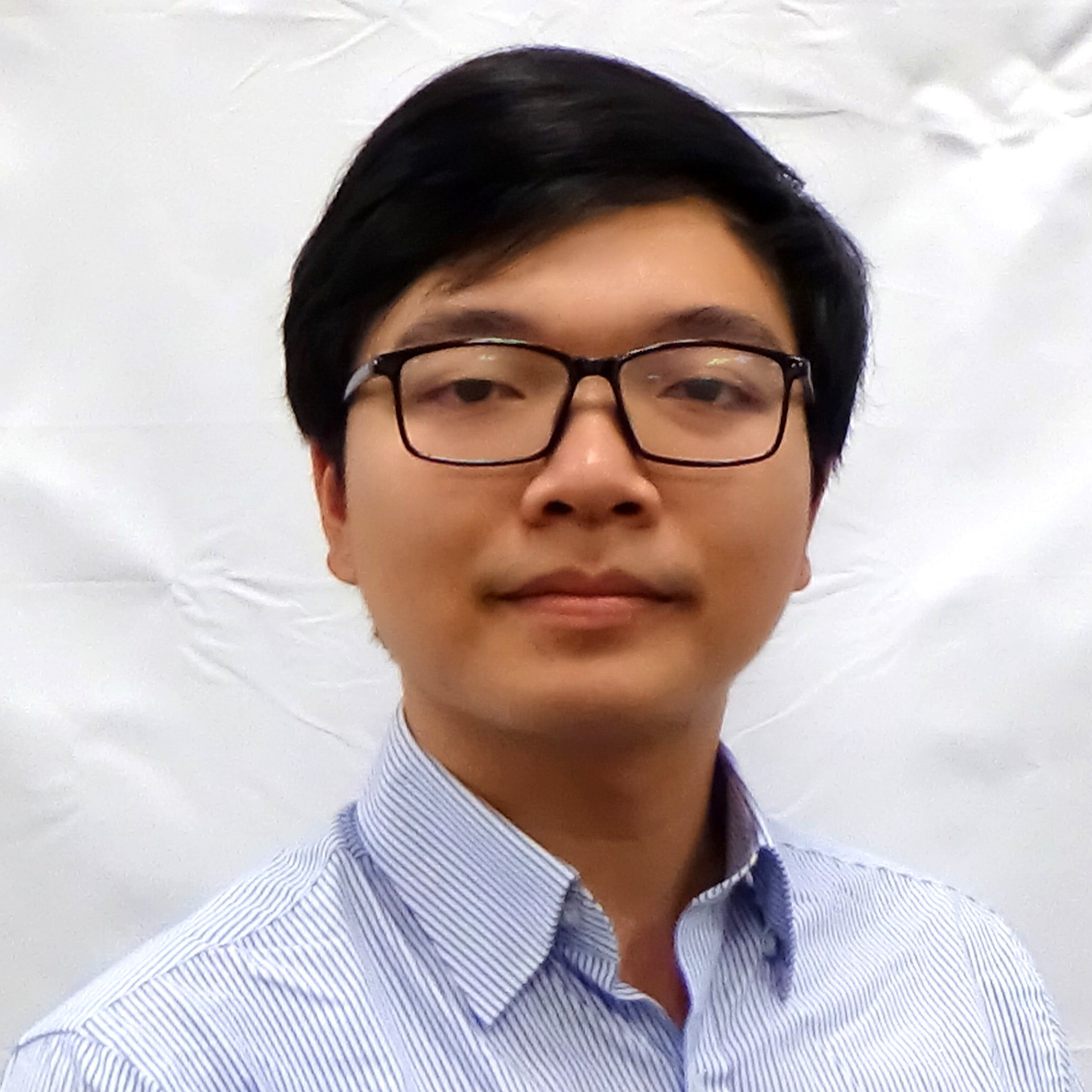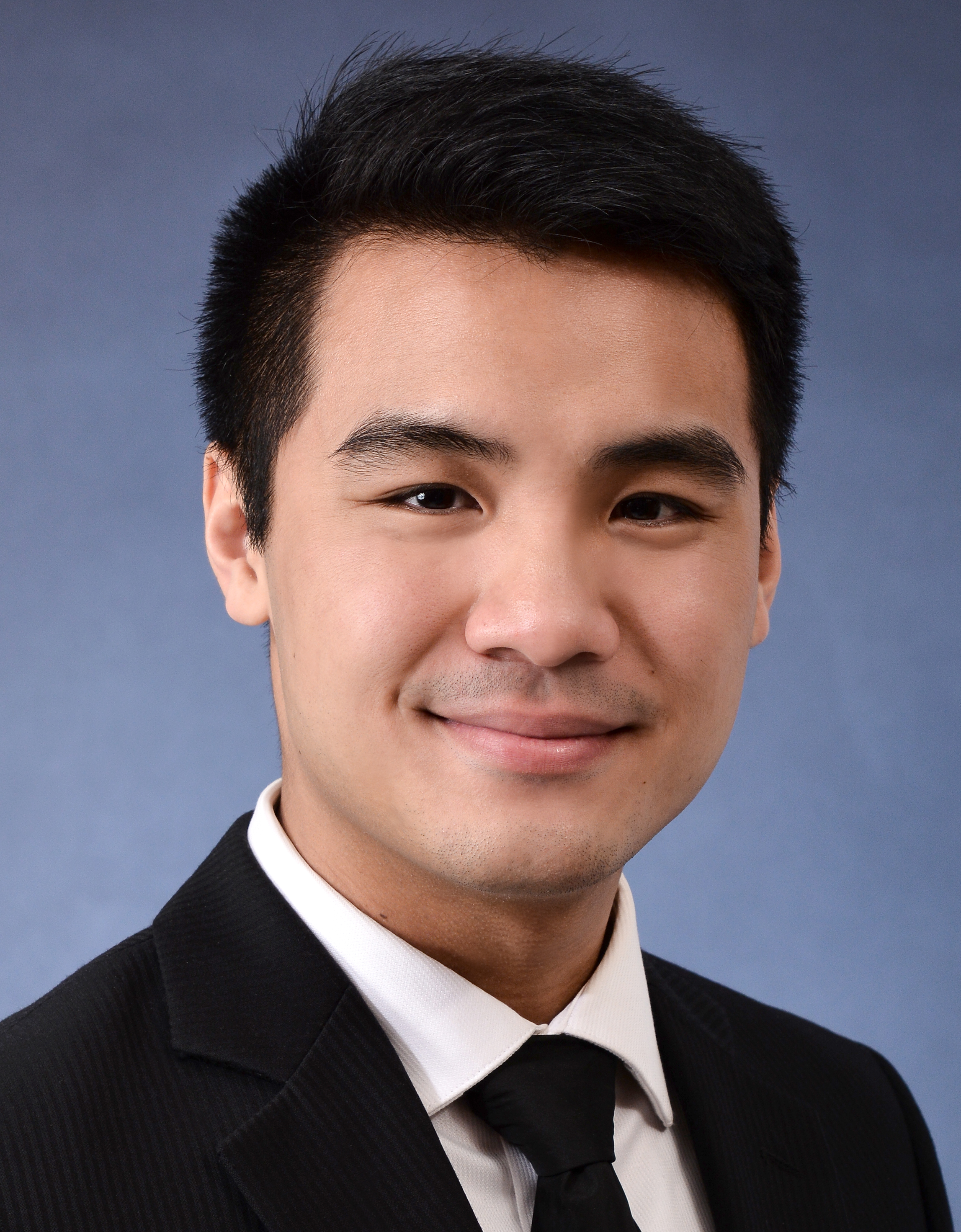EXECUTIVE TEAM

Dr. Andrew Canis, Ph.D
Co-FounderChief Executive Officer
Andrew Canis is a leading expert in high-level synthesis for FPGAs, the task of compiling software into digital hardware. During his Ph.D. at the University of Toronto, he helped lead the effort to build LegUp, an open-source academic high-level synthesis tool that has become the de facto standard for state-of-the-art HLS research. He has co-authored over 10 peer-reviewed research papers focusing on high-level synthesis for FPGAs. After completing his Ph.D. in 2015, he has been CEO and co-founder at LegUp Computing with the aim to commercialize LegUp and make FPGAs easier to program. He has previously worked on circuit EDA research at Altera, Sun Microsystems Labs, and Oracle Labs.
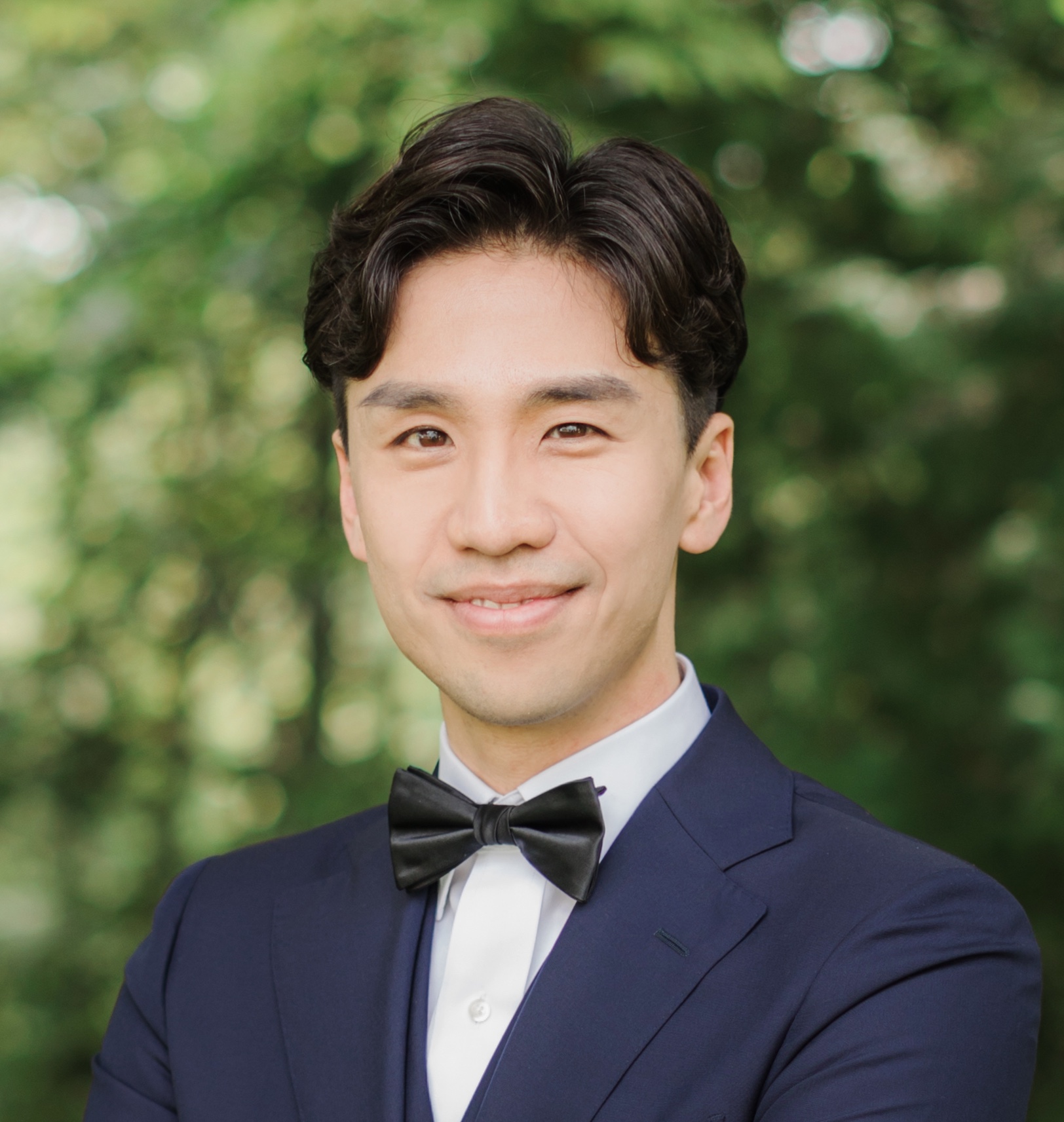
Dr. Jongsok (James) Choi, Ph.D
Co-FounderChief Technology Officer
Jongsok (James) Choi is an expert in high-level synthesis and hardware/software co-design. He has been working with FPGAs since 2008, where he has co-authored 15 top-tier conference/journal publications and a book chapter in the area of high-level synthesis, automatic System-on-Chip (SoC) design, and automatic synthesis of multi-threaded software to parallel hardware. He received his Ph.D degree in Computer Engineering in 2016 and his M.A.Sc. degree in 2012, both from the University of Toronto. Jongsok has previously worked at Intel, Qualcomm, Marvell Semiconductor, STMicroelectronics, and Blackberry.
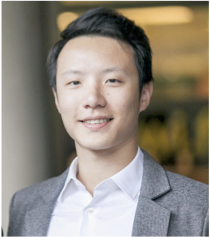
Ruo Long (Lanny) Lian, M.A.Sc
Co-FounderChief Operating Officer
Ruo Long (Lanny) Lian received the M.A.Sc degree in computer engineering in 2016 from the University of Toronto, where his research centered on streaming circuit synthesis and FPGA-based acceleration of neural network computation. Ruolong has interned at Altera, implementing high-speed ethernet transceiver IPs, and also at Google, working on large-scale data processing solutions. He received the Bell Graduate Scholarship during his M.A.Sc study.

Prof. Jason Anderson, Ph.D, P.Eng
Co-FounderChief Scientific Advisor
Jason Anderson is a Professor with the Department of Electrical and Computer Engineering, U of T, and holds the Jeffrey Skoll Endowed Chair. He joined the Field-Programmable Gate Array (FPGA) Implementation Tools Group, Xilinx, Inc., San Jose, CA, USA, in 1997, where he was involved in placement, routing, and synthesis. He became a Principal Engineer at Xilinx in 2007 and joined the university in 2008. His research interests are all aspects of tools, architectures, and circuits for FPGAs. He has co-authored over 80 peer-reviewed research publications, holds 27 U.S. patents and is Program Co-Chair for FPL 2016 and Program Chair for ACM FPGA 2017.

